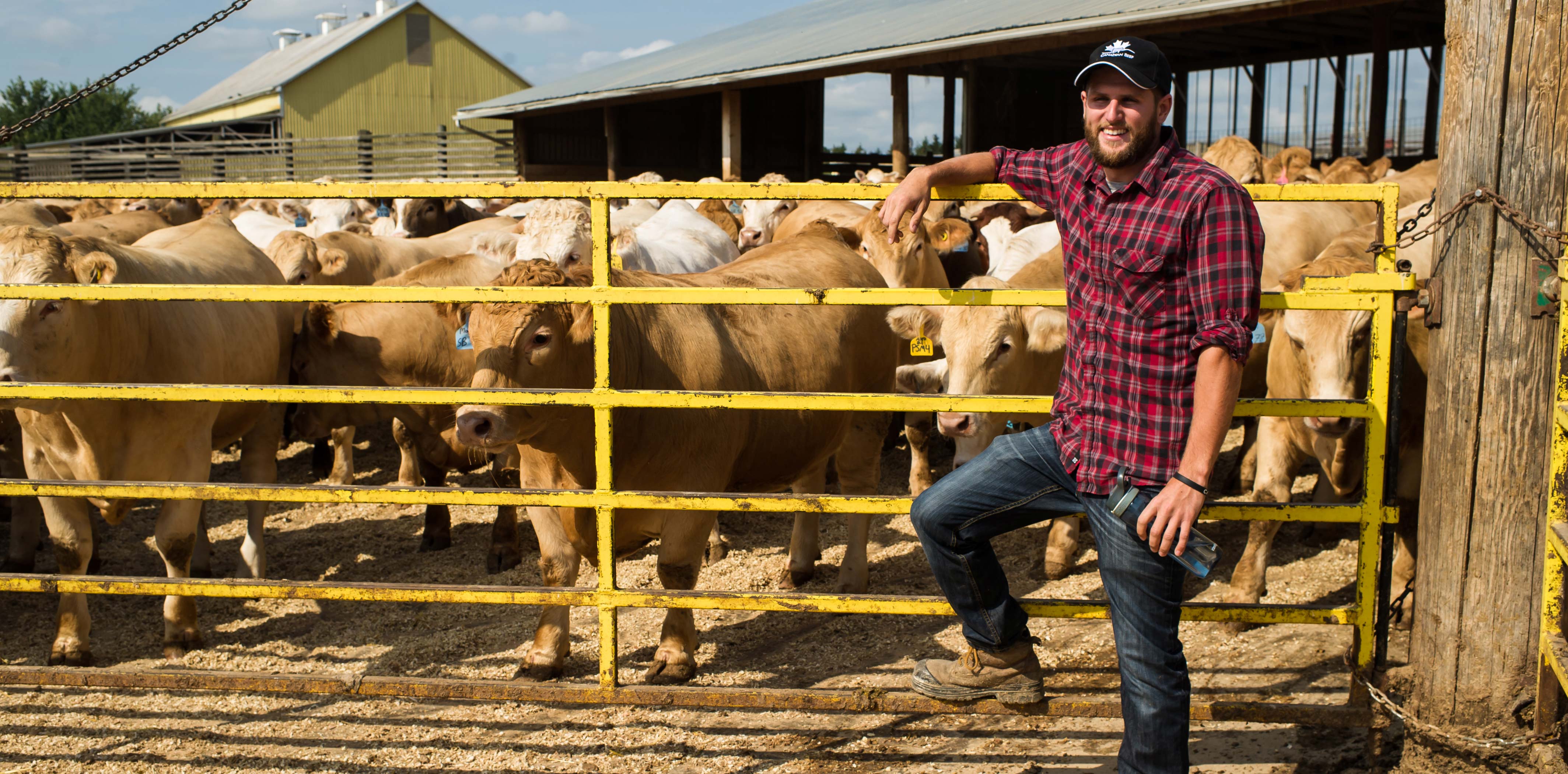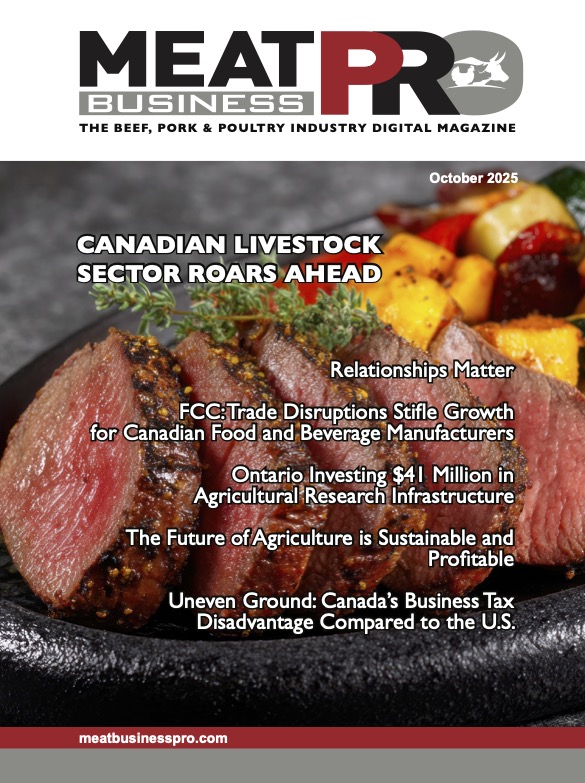The Changing Face of the Canadian Beef Farmer

One-third of cow-calf producers in Western Canada are at least 60 years old, as the baby boom generation moves into retirement
by Neil Billinger – Farm Credit Canada (FCC)
Dr. Murray Jelinski, a veterinary professor at the Western College of Veterinary Medicine at the University of Saskatchewan, examined 2016 Census of Agriculture data. He made a request to Statistics Canada for a customized demographic analysis of producers based on age and herd size.
“Across Canada, we lost roughly just over 12 per cent of our producers between 2011 and 2016,” Jelinski says. “If you look at the demographics, we know we will lose at least that many again going forward to the 2021 census.”
“As long as we can make some money to keep everything going, I think it will be something that young guys and ladies will want to do”
Stable Herd
While producer numbers are falling, the cow herd has remained relatively stable since 2011. Jelinski says farmers in their 40s are expanding their herds, particularly those who have younger family members showing an interest in the farm.“They have the capital and the ability to work with their bankers and other investors to take on more cattle,” Jelinsky says. “They already have some comfort in how to manage larger herds. I sense those are the people that are the risk takers and will continue to grow.”
Opportunities for Youth
He believes there is a huge opportunity for younger producers like Levi Hull. The 29-year old farms with his parents near Willowbrook, Sask., about 175 kilometres northeast of Regina. There are about 1,000 cows on the farm, but Hull and his parents each own their own animals.“Debt loads are quite high once you get in and you need a lot of equity to make it work,” Hull says. “It is almost crucial to have someone already in agriculture, whether it’s grain farming or cattle.”
Hull says there are different ways to expand the land base as older cattle producers retire, whether it’s purchase, rent or lease-to-own.
He also agrees with Jelinski’s positive assessment about future opportunities, as long as the business remains somewhat profitable.“We don’t have to make a killing off of this because it is a way of life as well. As long as we can make some money to keep everything going, I think it will be something that young guys and ladies will want to do.”
Bottom Line
The aging population of Western Canada’s beef farmers opens the door to younger producers to maintain the generally stable herd size in a business that remains somewhat profitable. Getting a start with someone already in the business can help offset the high debt loads.











